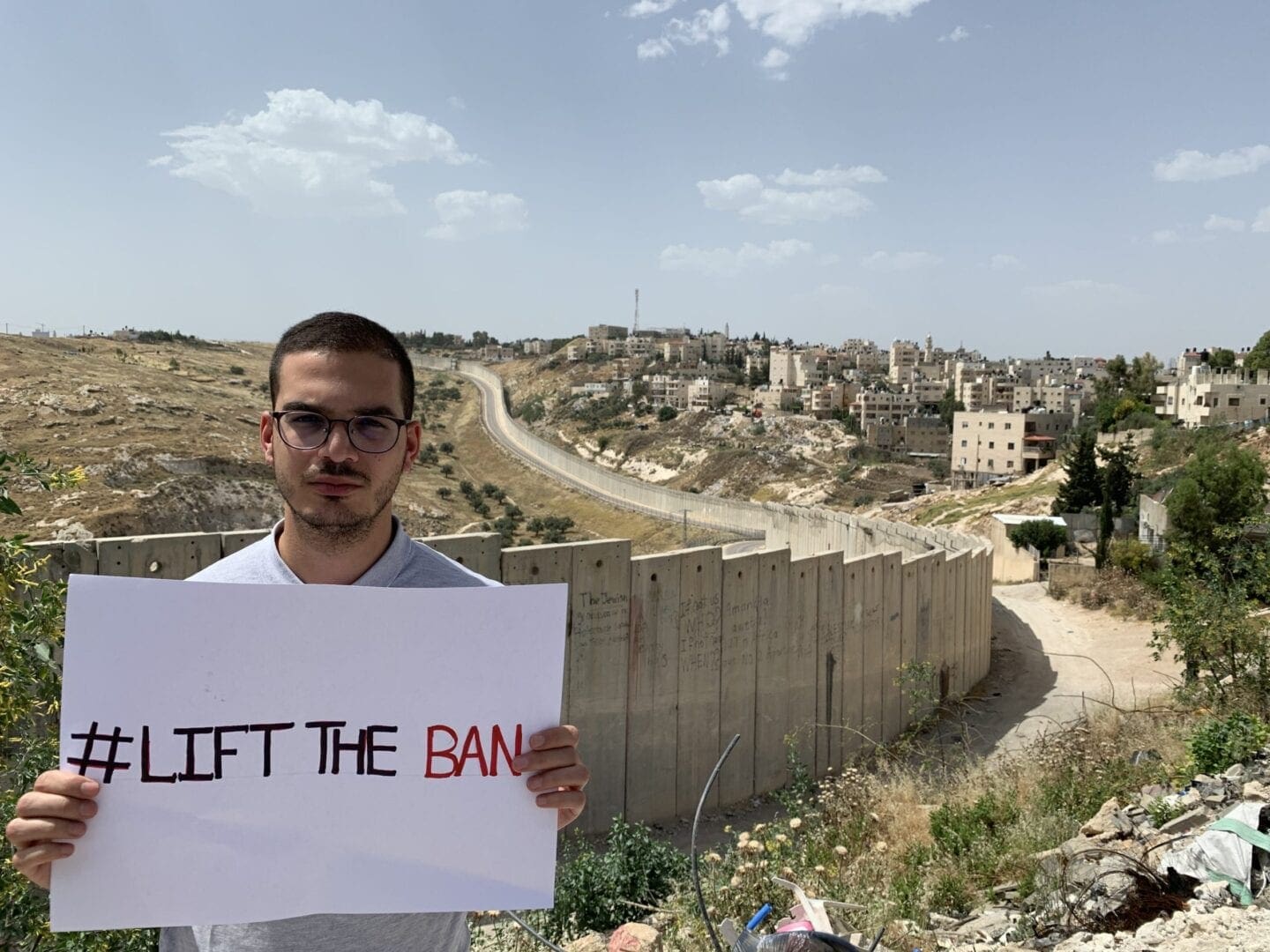The organization has launched a digital campaign in support of Laith Abu Zeyad, a Palestinian human rights defender living in the occupied West Bank. The organization is calling on supporters and activists from around the world to show solidarity with Laith and other Palestinians and Israeli human rights defenders who are being punished for their human rights activism.
“Amnesty International stands in full solidarity with Laith, a respected colleague, trusted friend and dedicated human rights defender who has done nothing to deserve this treatment. Laith’s case reflects a wider pattern of unjustified harassment against human rights defenders in Israel and the OPT, and demonstrates Israel’s growing intolerance of critical voices,” said Julie Verhaar, acting Secretary General at Amnesty International.
“The Israeli authorities have bizarrely – and without any legal clarifications or grounds – claim they have ‘secret evidence’ that justifies the travel ban. Obviously, they are relying on one of the oldest [and most despotic] tactics to silence critical voices. There is every reason to believe that Laith is being punished solely for his human rights work, making him the latest in a long line of peaceful critics to face retaliation from Israel.
“While the world starts to ease lockdowns, for Palestinians in the OPT severe restrictions to basic liberties will remain a reality. For individuals like Laith who have done nothing else but to raise their voices against injustice, a travel ban means being indefinitely trapped with no way to leave the country.”
In a further cruel twist, Amnesty International has also learned Laith Abu Zayed will not be allowed to attend the hearing. He requires a special permit to enter occupied East Jerusalem where the court is located – but the military offices responsible for processing permits are closed until Sunday May 31, the day of the hearing.
Background
In September 2019, Laith Abu Zeyad was denied a humanitarian permit to accompany his mother for medical treatment in Jerusalem for undisclosed “security reasons”.

